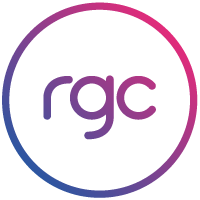
The rise of Google and search has changed all that. Today, the number of people who find your content days, months or even years later through search engines can far exceed the number who click on it initially through your direct or social channels. A well written piece of content with simple search engine optimisation can have value for many years.
That means it is vital to ensure that your content is well ranked by Google and other search engines and that it comes up when people are searching the right keywords. While there are now an incredible array of complex SEO strategies available and an entire industry dedicated to the skill, the basics can be understood and used by anybody capable of publishing on the web
Regardless of the number of times Google updates their indexing algorithm the five most important aspects of any article written for the web remain the same.
Title
The first step is to choose which keywords you are targeting and include them in the title of your article.
Meta-Description
SEO copywriting is not just about ranking. It’s also about what your content looks like on a search engine results page. The meta description of your content is the “snippet” for the search result below the title, and it influences whether or not you get the click.
Lead off your meta-description with the keyword phrase and briefly summarize the page as a reassurance to the searcher that your content will satisfy what they’re looking for. Try to keep it under 165 characters so the full description is shown.
Article body
For search optimization purposes your writing should be tightly on-topic and strongly centred on the subject matter of the keyword phrases. Very brief content will have a harder time ranking over a page with more substantial content so try to have a content body length of at least 300 words.
Keyword Frequency
Keyword frequency is the number of times your targeted keyword phrase appears on the page. Keyword density is the ratio of those keywords to the rest of the words on the page. Keyword frequency affects ranking so try to use the word regularly, but be careful. If you keyword density is over 5.5 per cent, Google could think you are “keyword stuffing” and it will de-rank you.
Linking Out
Search engines want to know you’re sufficiently “connected” with other pages and content, so linking out to other pages matters when it comes to search engine optimization. It is best if you link to relevant content fairly early in the body copy. Ideally you should link every 120 words of content.

